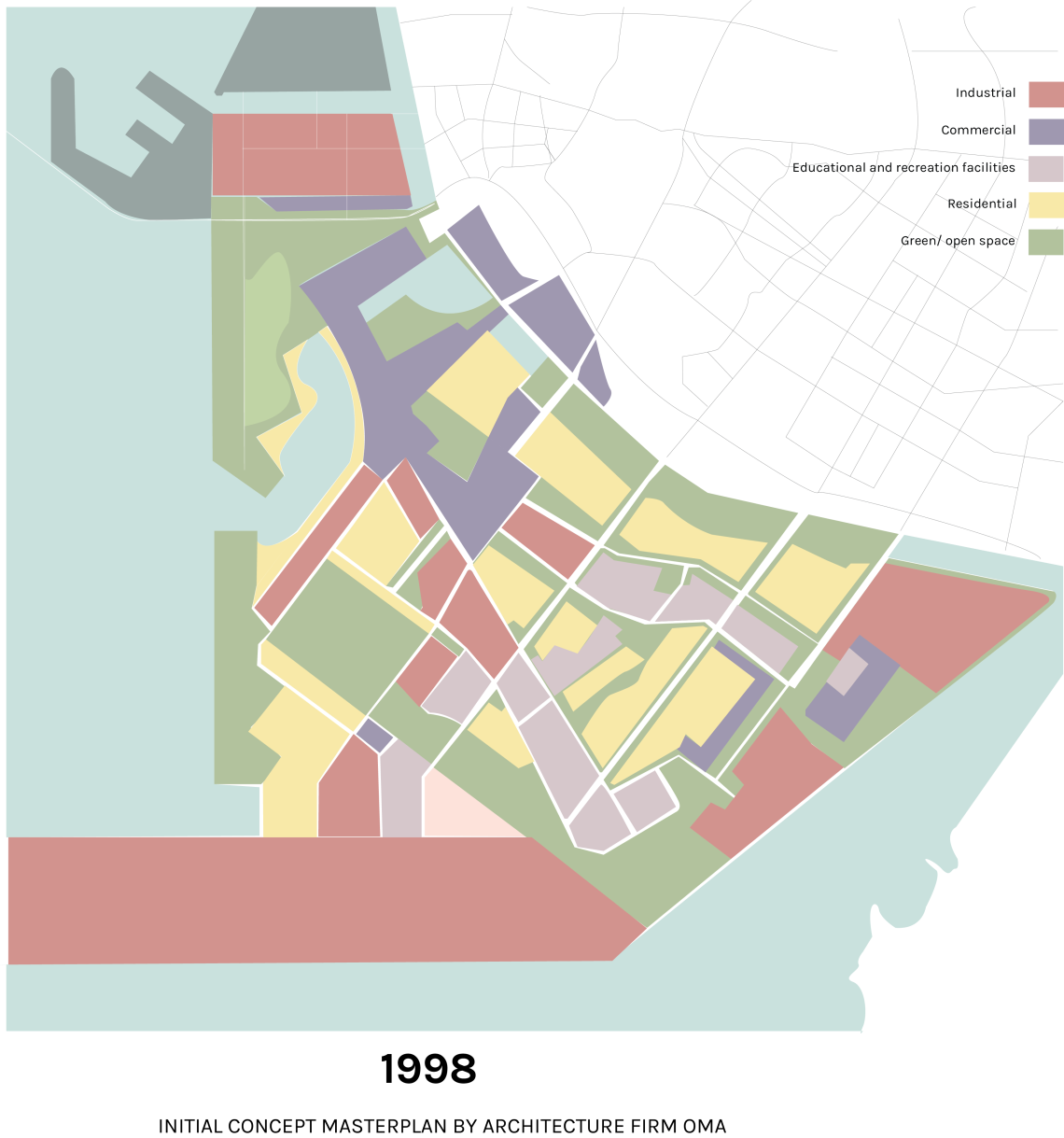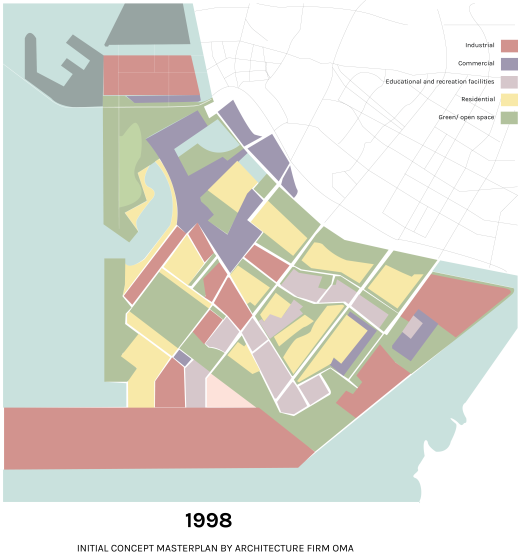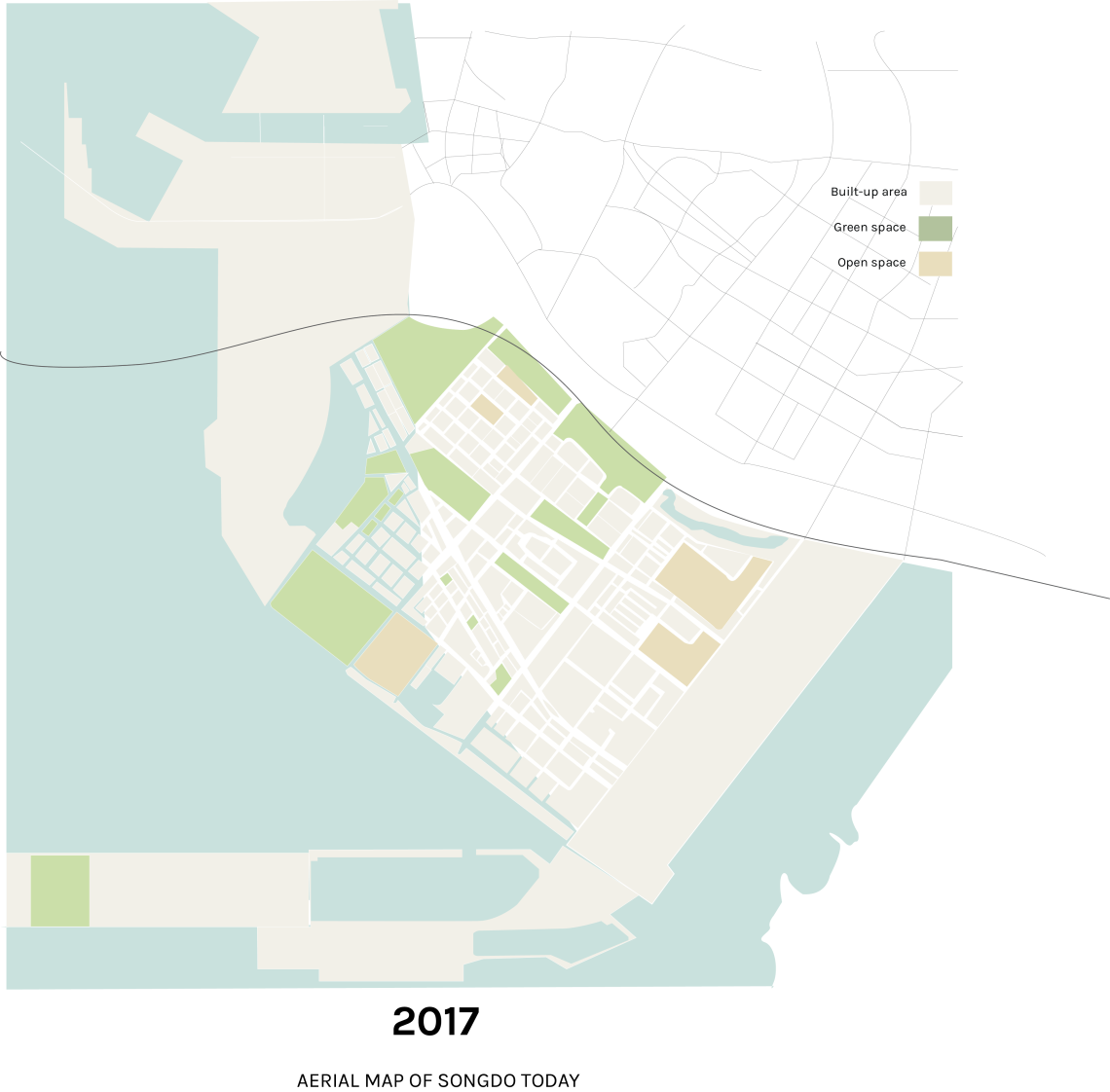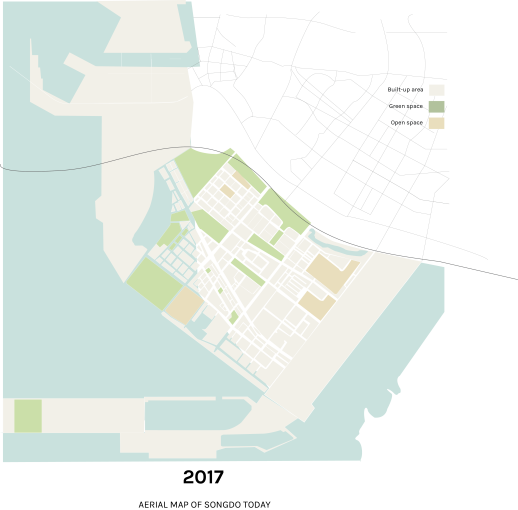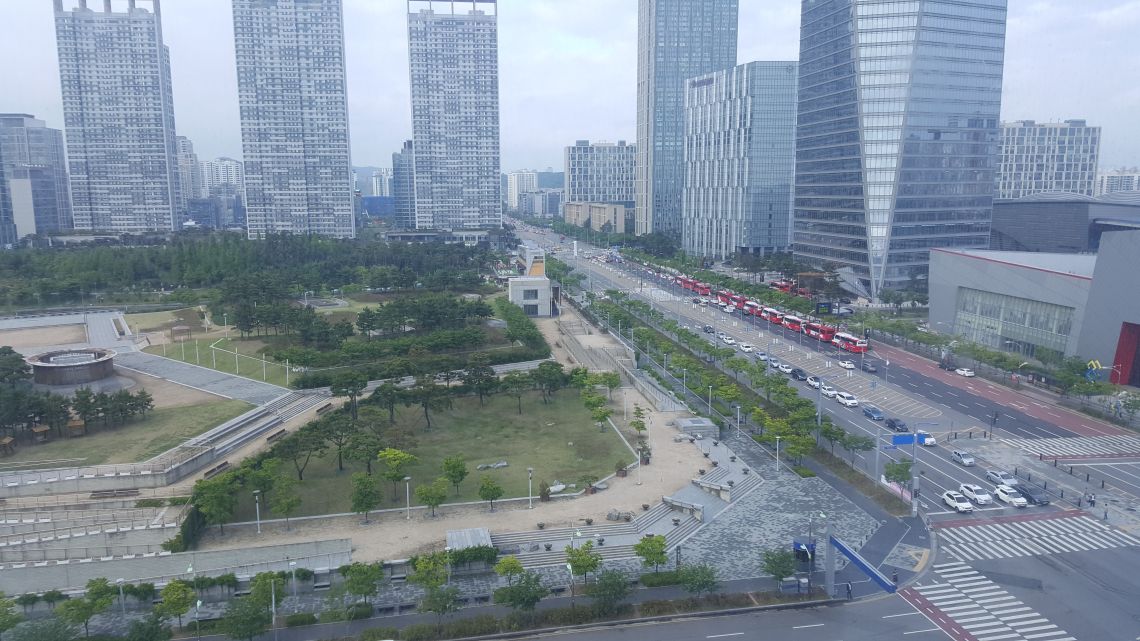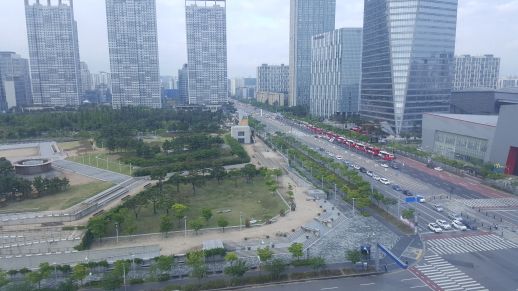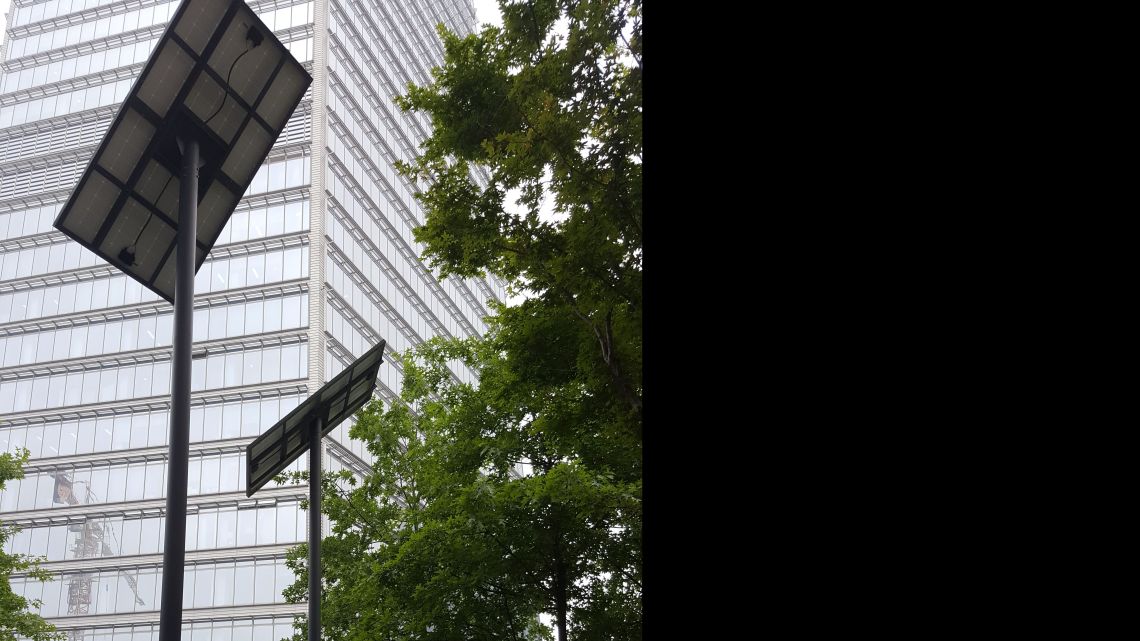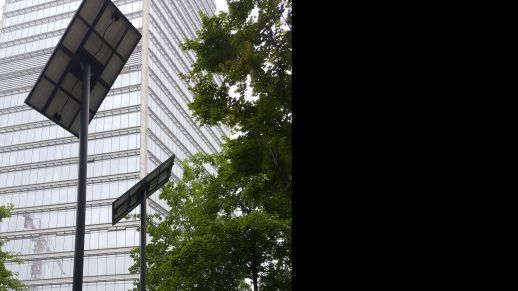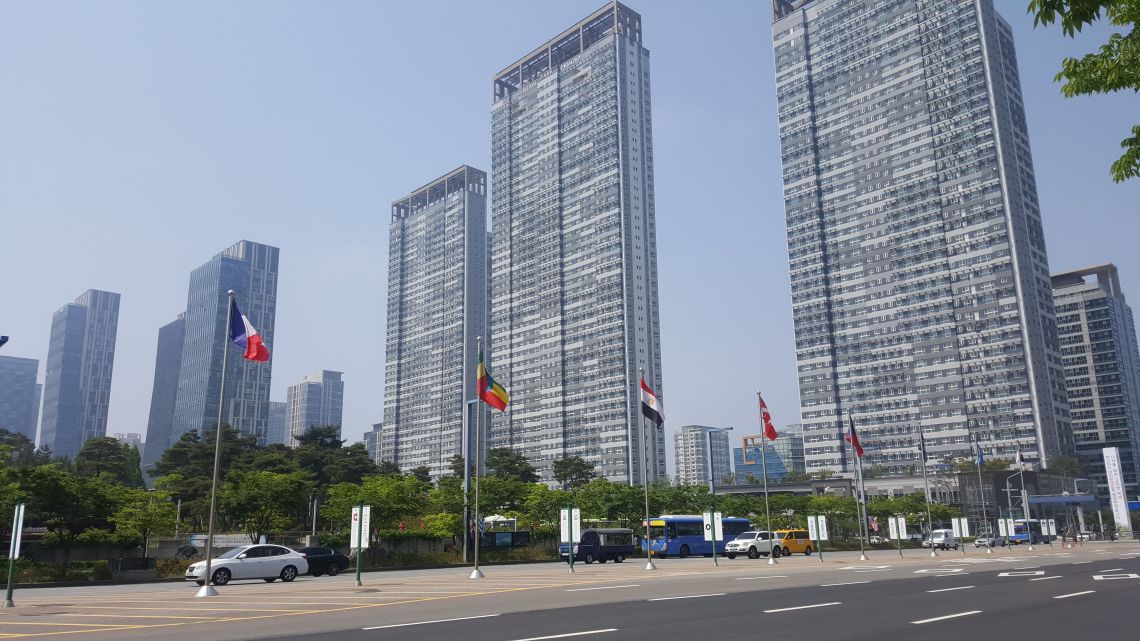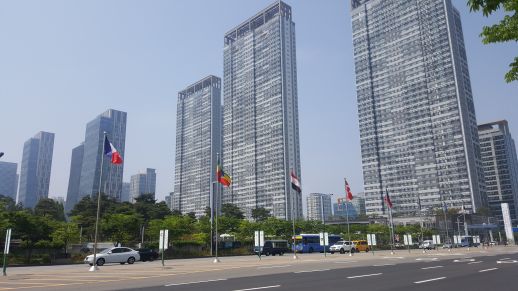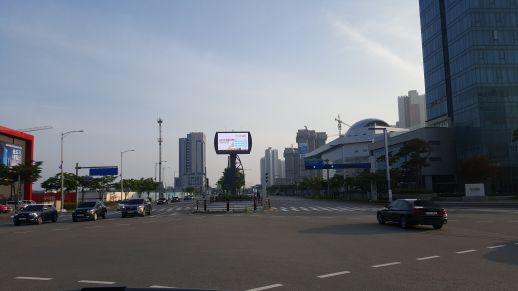More smart, less city
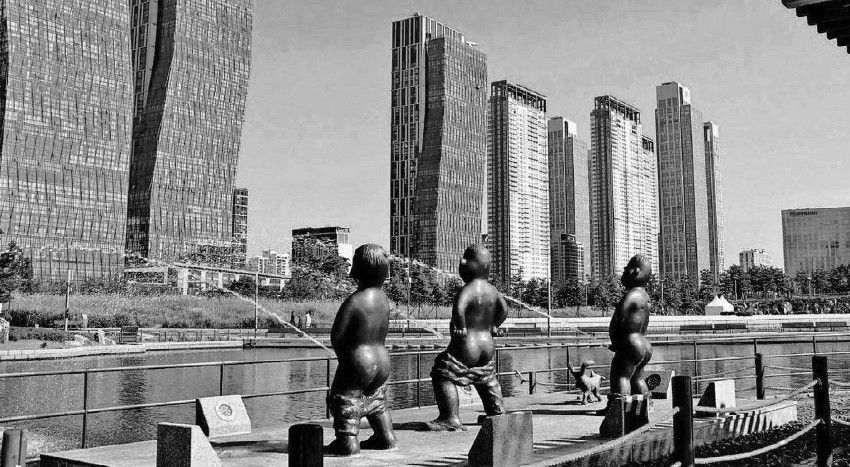
More smart, less city
Songdo is a model “smart city” located an hour away from Seoul, and 20 minutes away from Incheon international airport. It is entirely built on land reclaimed from the sea. According to architect Minsuk Cho, who worked on the city’s master plan at OMA, not much remains of the original plan.
The “New Cities Summit” took place in one of Songdo’s convention halls last week. The conference brought together mayors, real estate investors, construction industrialists, representatives of large conglomerates, journalists, tech specialists and urban experts of all kinds, to celebrate urban development and network over coffee breaks and cocktail receptions.
Smart city enthusiasts were certainly well represented. The Korean model is exporting itself pretty well. For hurried politicians in rapidly developing countries in Asia, the Middle-East and Africa it is a ready-made developmental scheme. Smart cities come with many optional features and add-ons: industrial parks, free economic zones, control rooms, 5G ready, alcohol free (if needed), eco-friendly, LEED certified, and so on – just like any other high-end product.
A pretty one
Investors are thrilled with the model, which allows them to unleash large amounts of cash at one go. When it comes to construction projects, no one seems to really care where the money comes from. At a time when fiscal paradises are getting increasingly rare to find, thanks to leaky pressures on governments, “urban paradises” seem to flourish everywhere. It is probably not by chance.
The business model seems to be doing very well, but what about the model city – How is Sondgo thirteen years after it was initially planned and just about five to six years since it really started functioning as a residential and office place? At first sight it is pretty active: a few companies have offices there, foreign universities invited by the government have opened campuses, many people have moved into its brand new residential towers, plenty of cars circulate along its large avenues. It even boasts a “Central Park”, which contributes to its 40% green cover, complete with a small artificial lake with a tiny island on which live deer and bunnies. It gets even cuter around 6pm when residents walk their small dogs around the lake.
Many local residents apparently enjoy the quiet feel and orderly atmosphere that Songdo offers. The commute to Seoul can be painful for those who still work there, but they seem to think that the sacrifice is worth it if it gives their family access to more comfortable and affordable living spaces.
The article was first published as a part of the fortnightly column 'Place, Work, Folk' for The Hindu.
